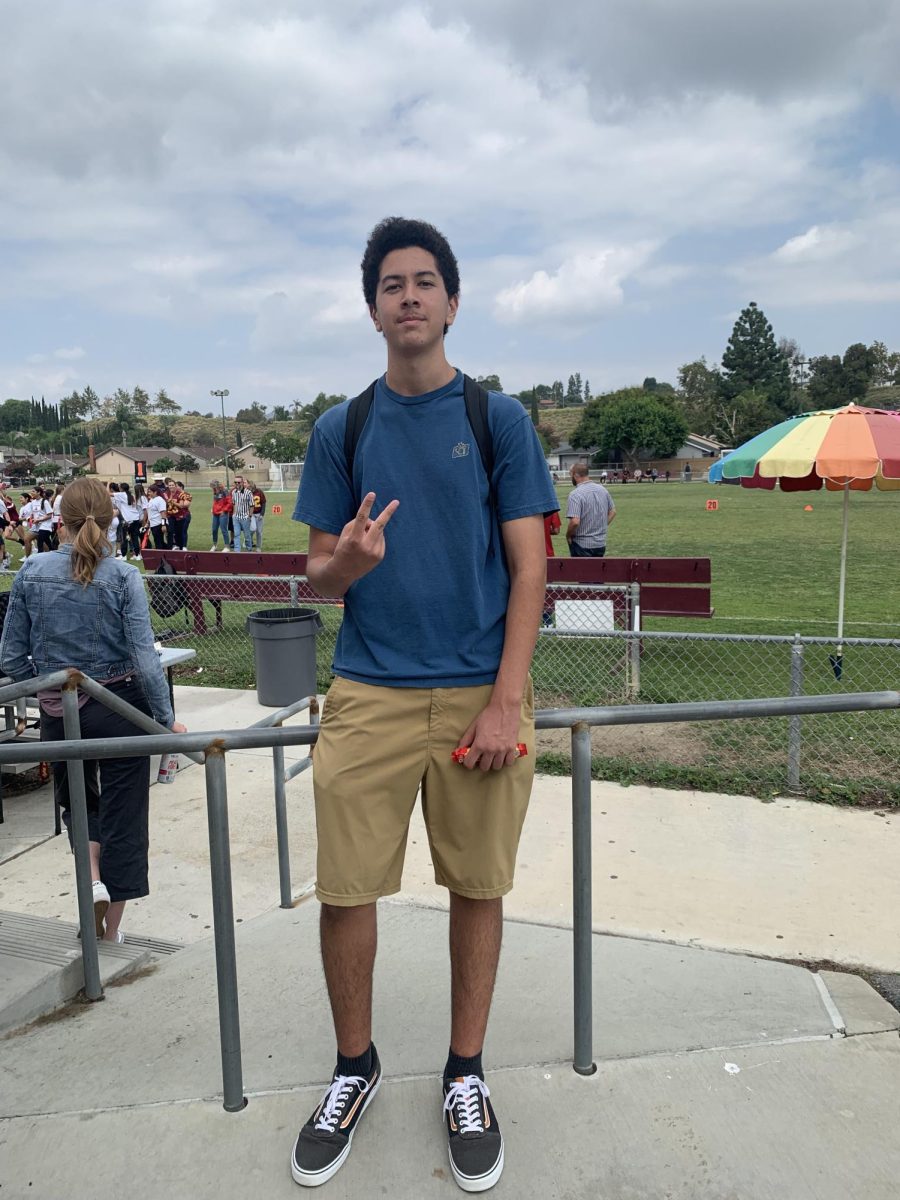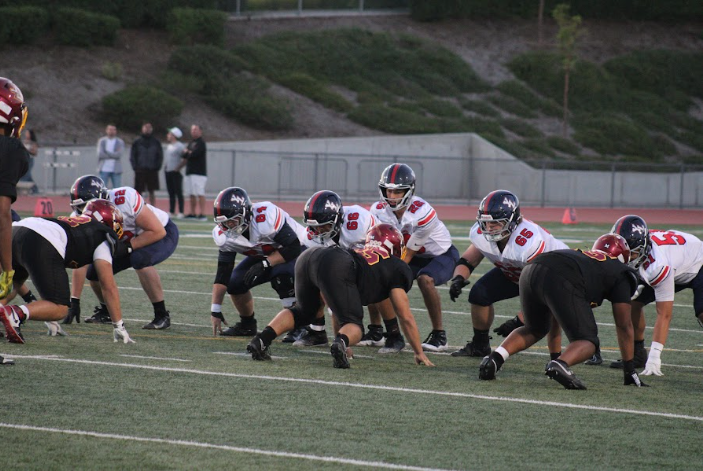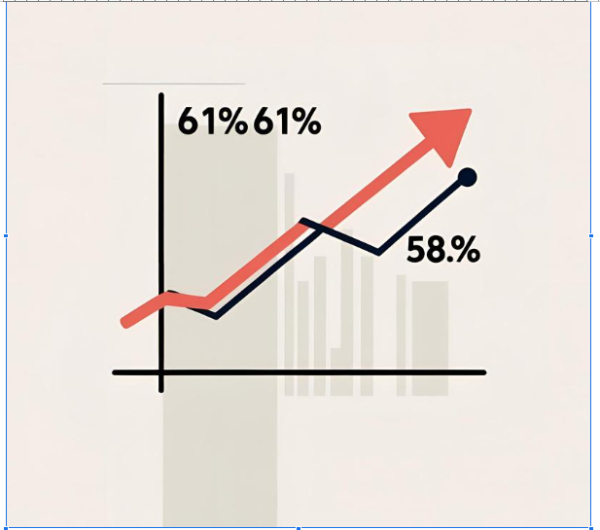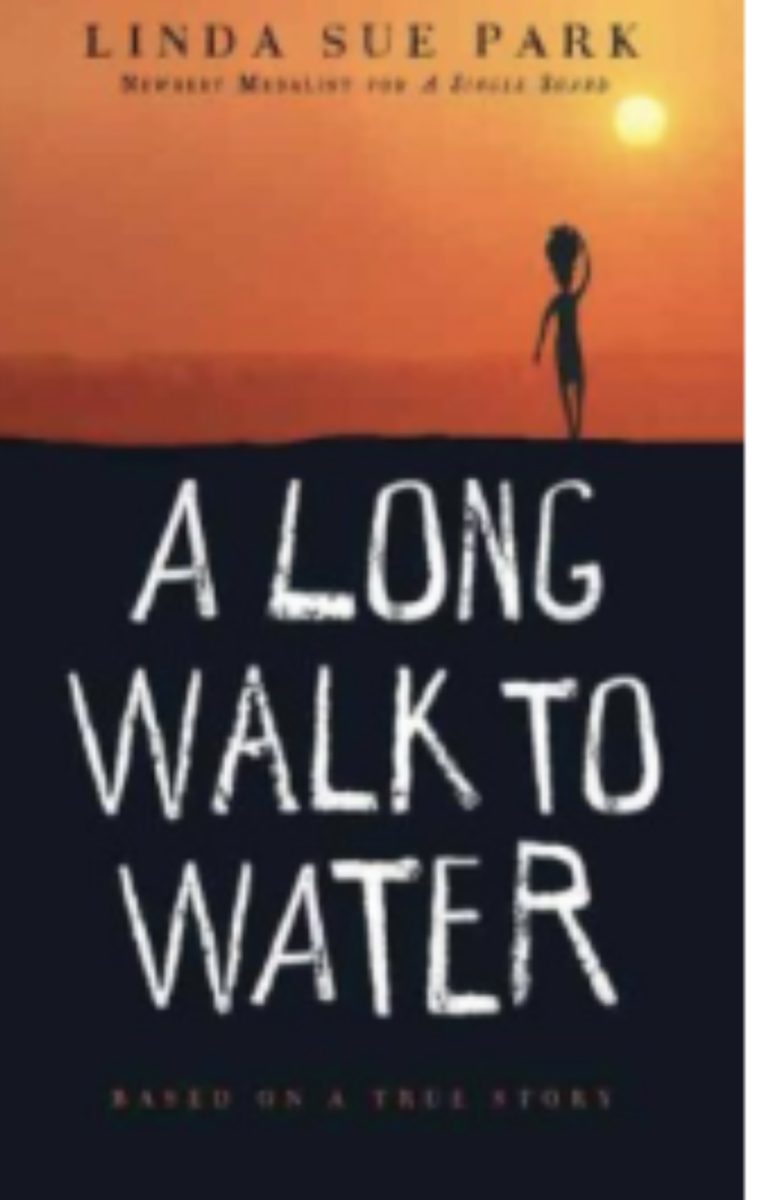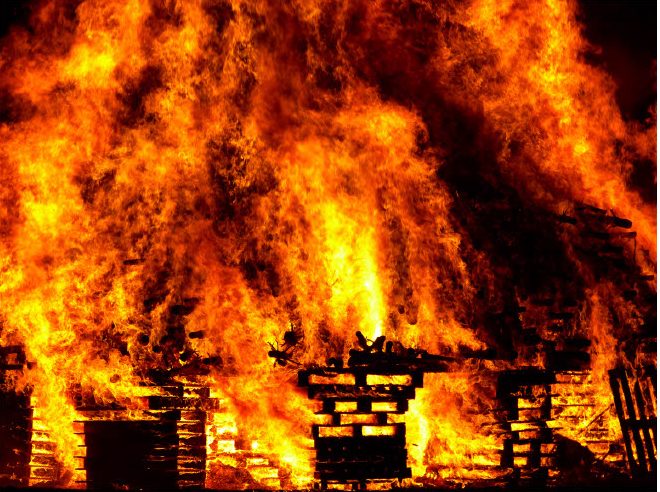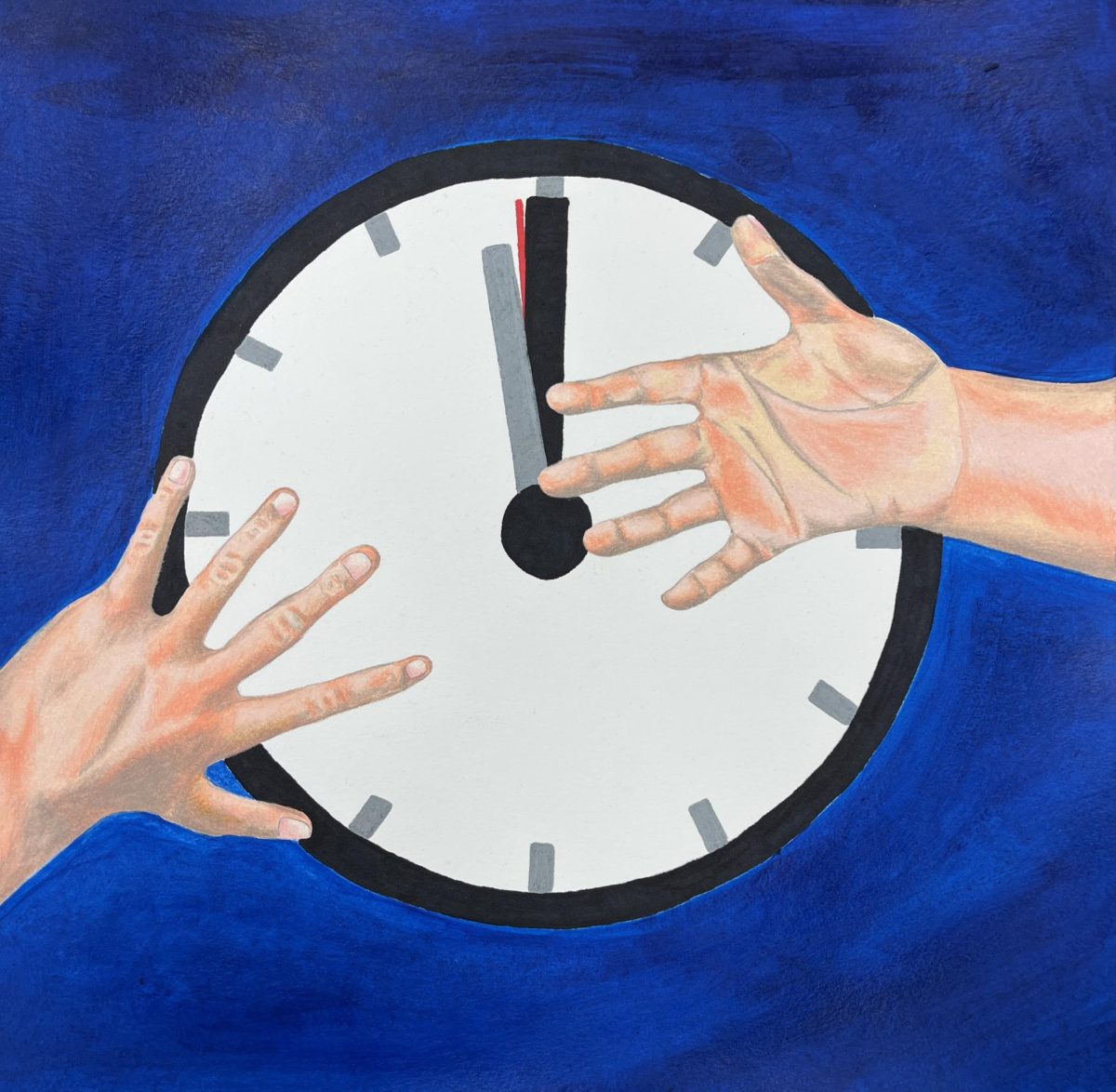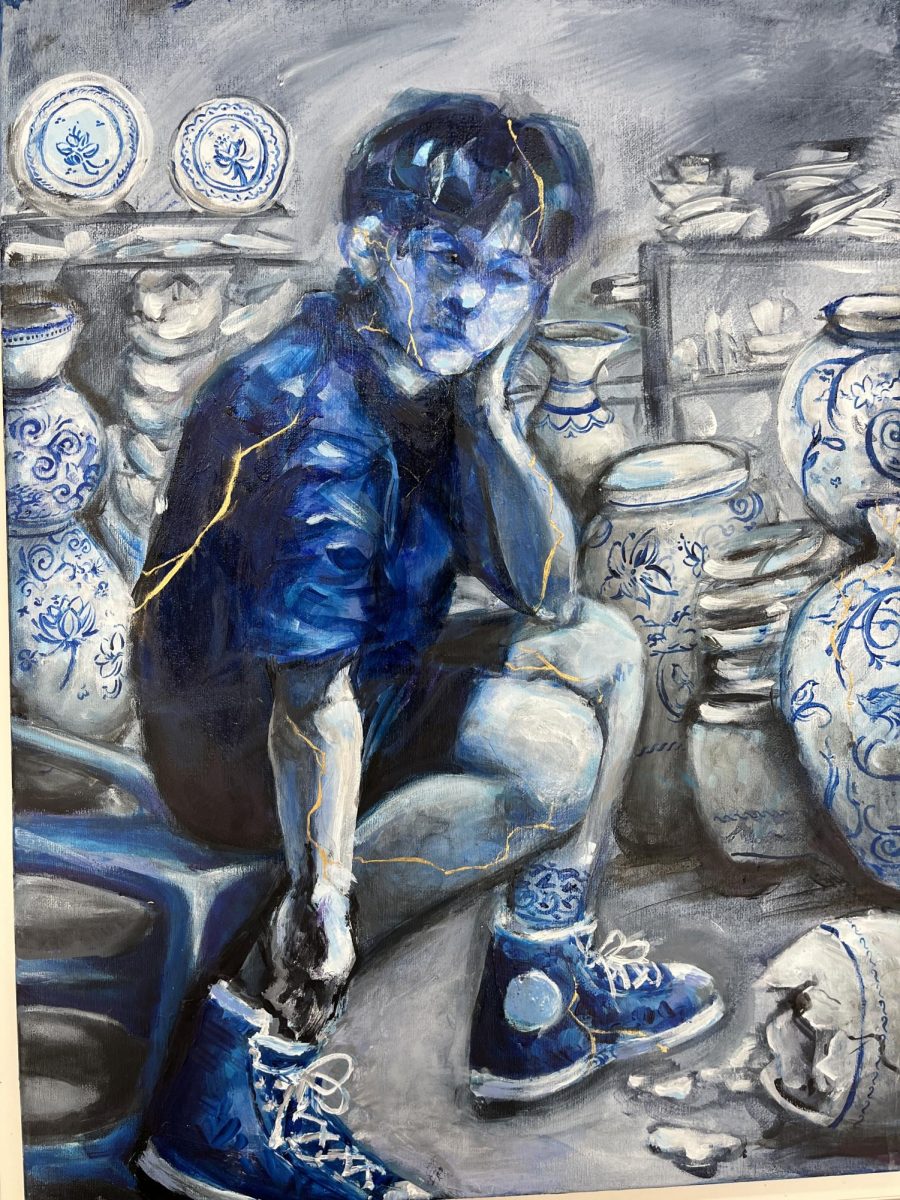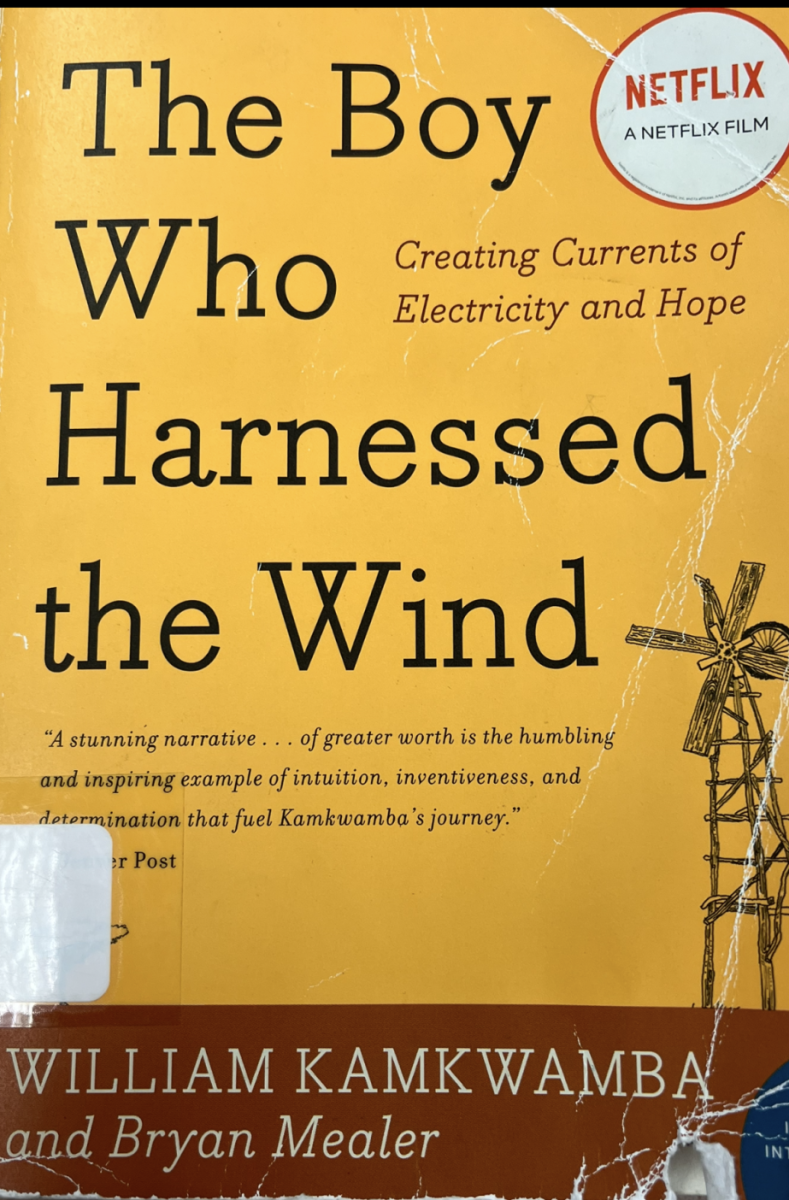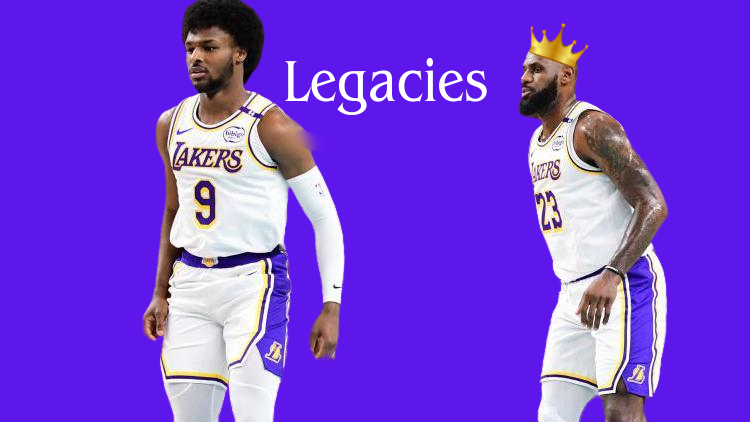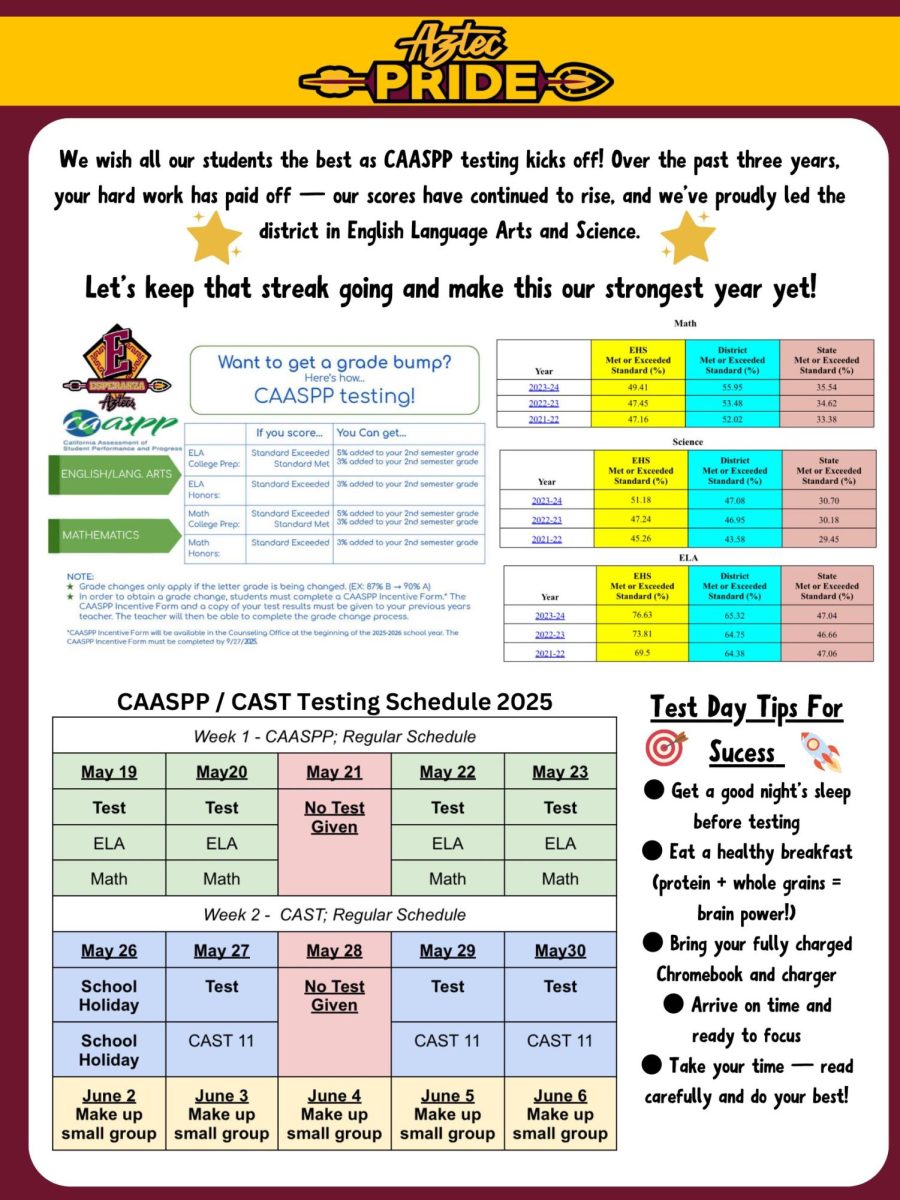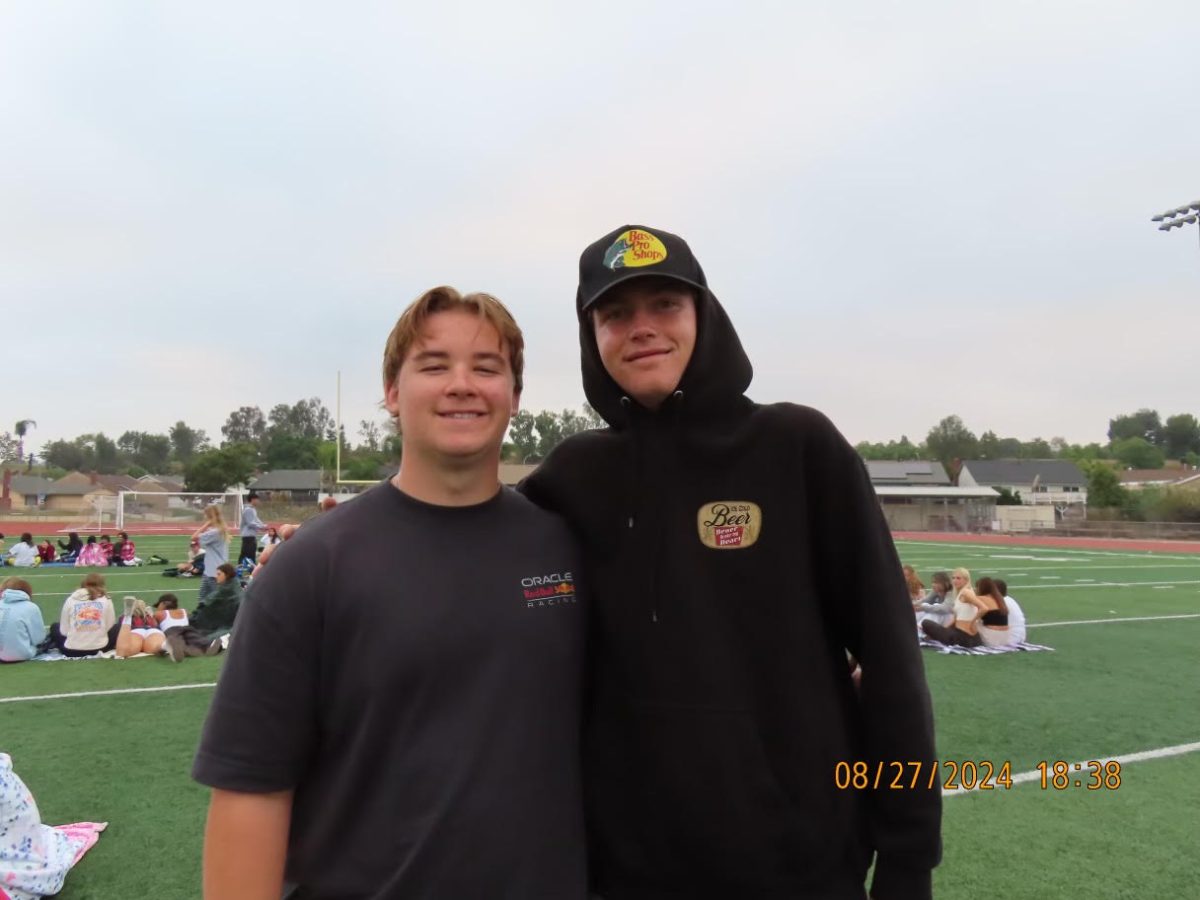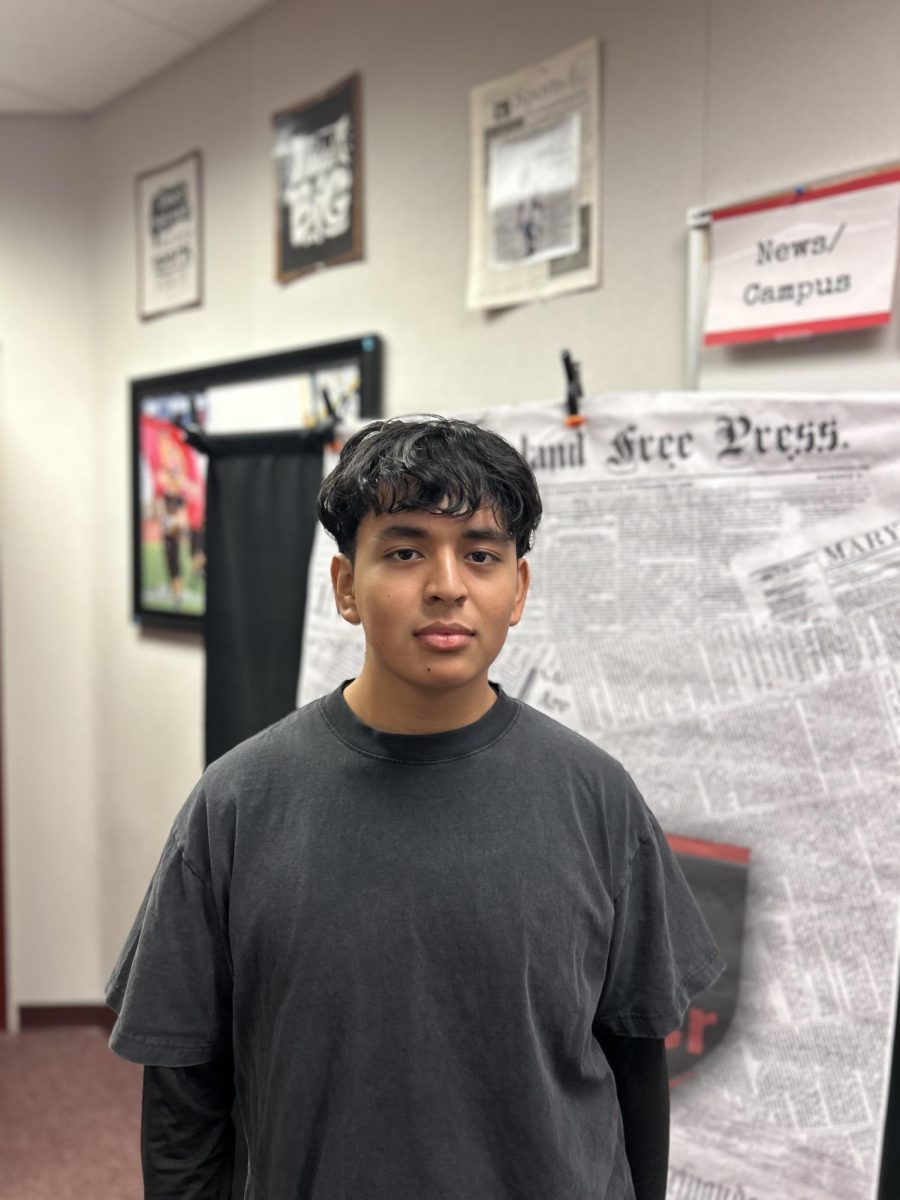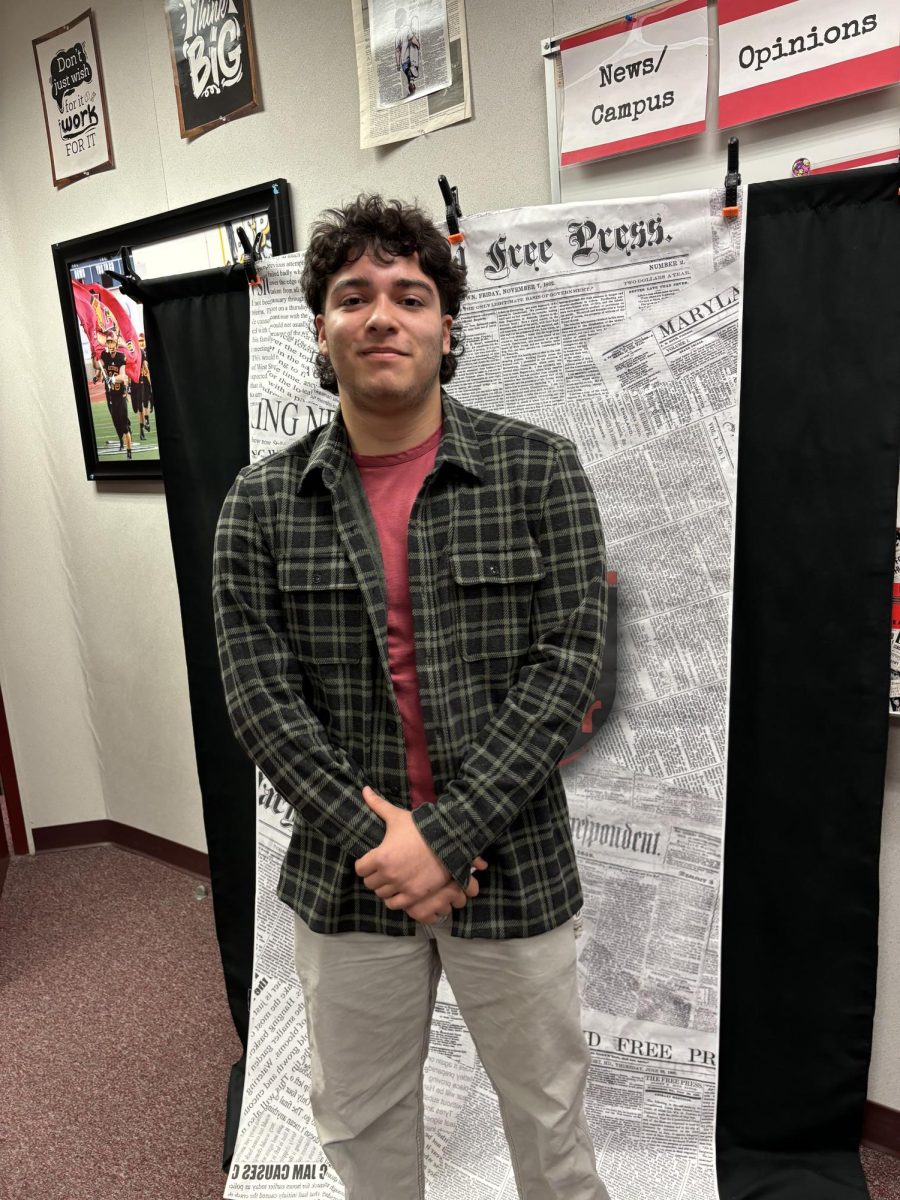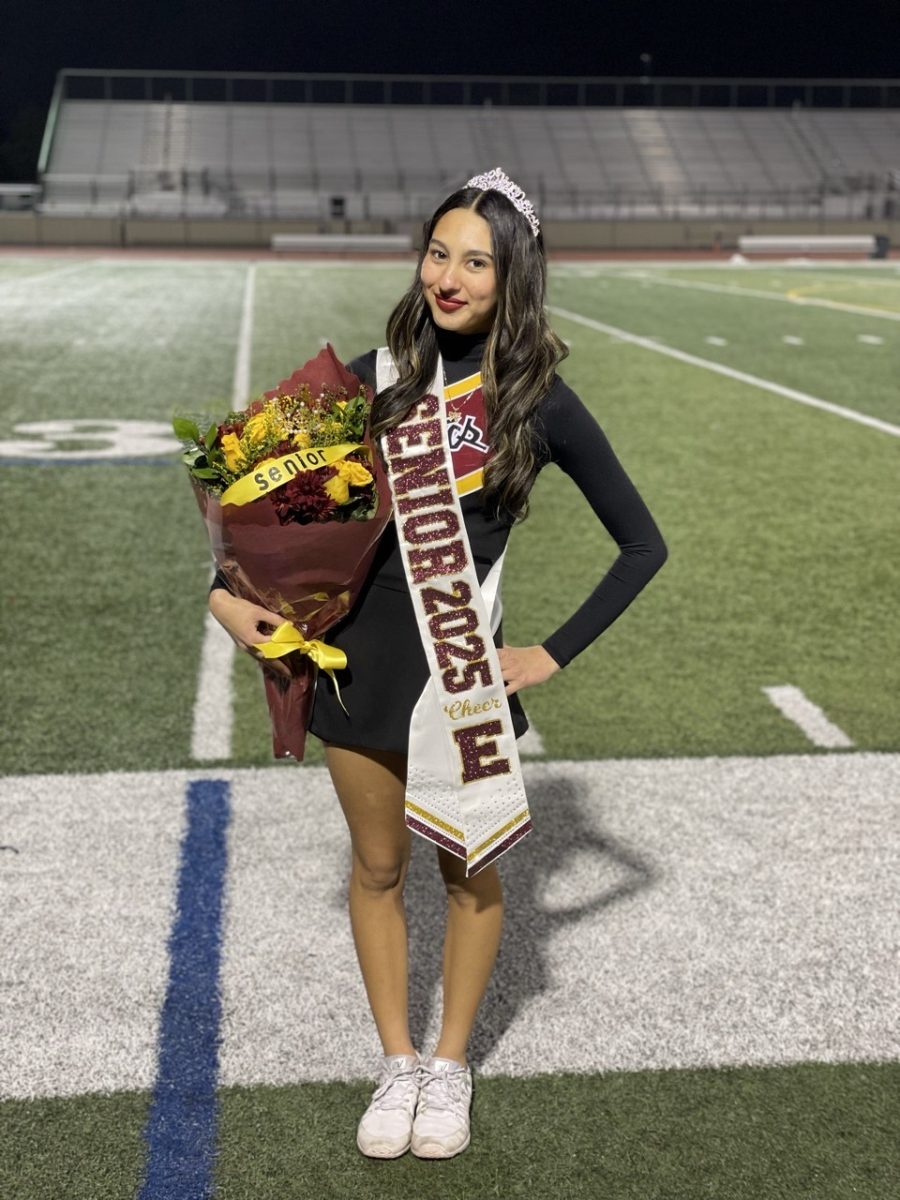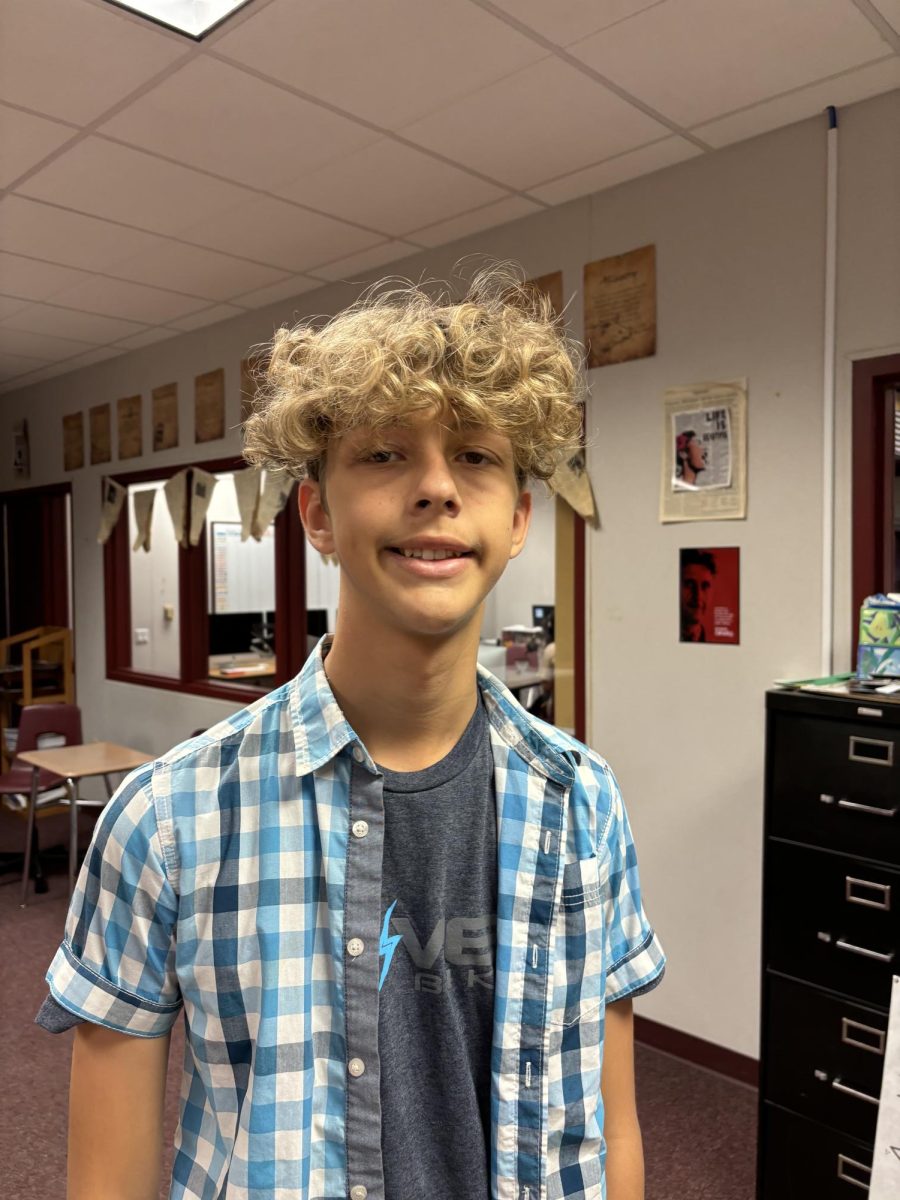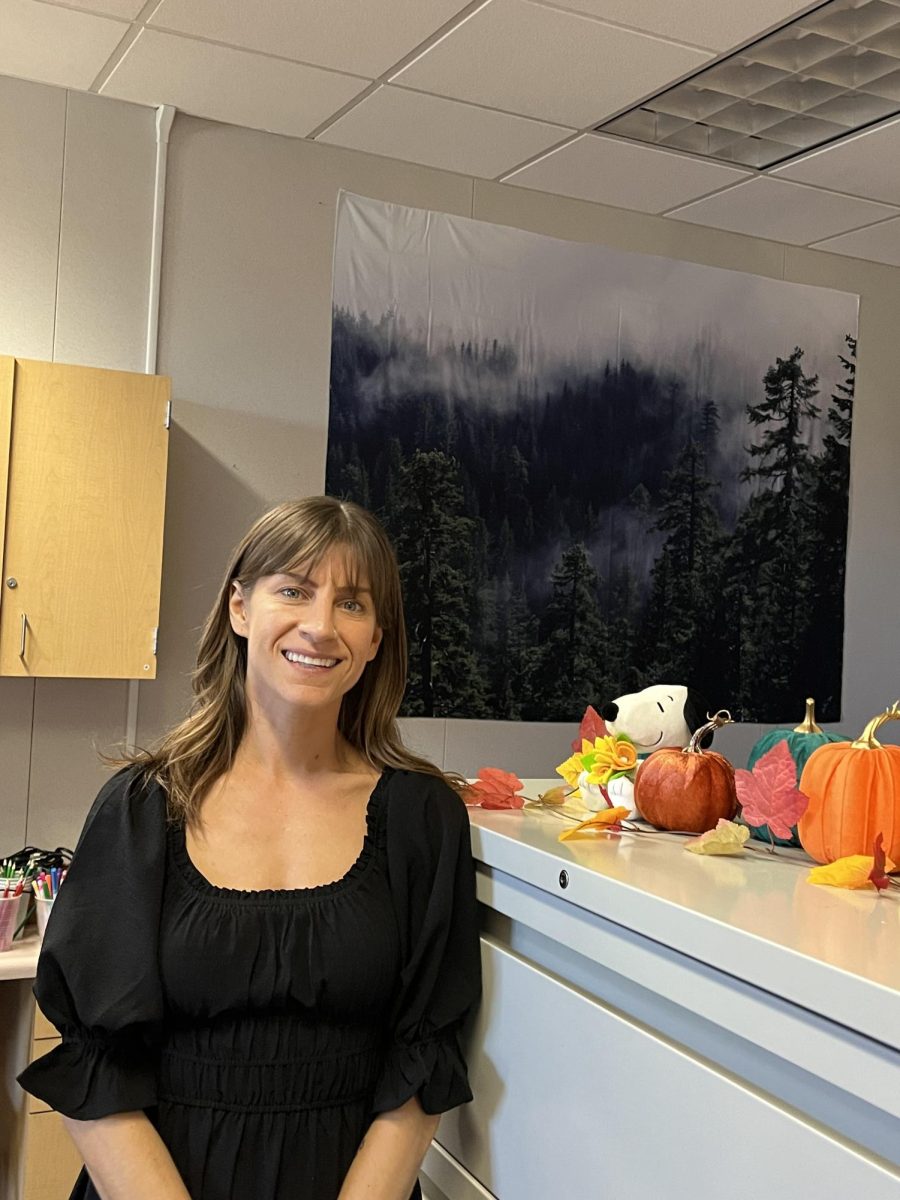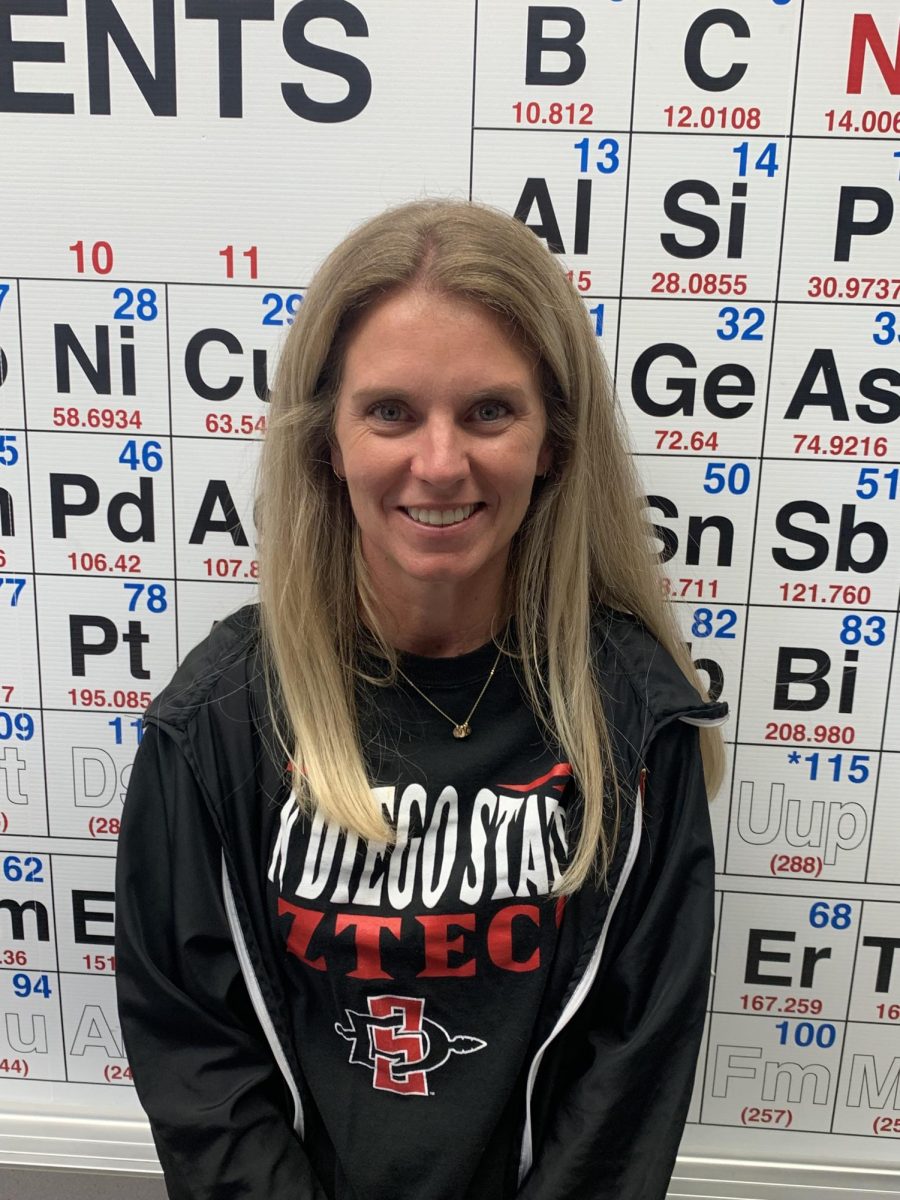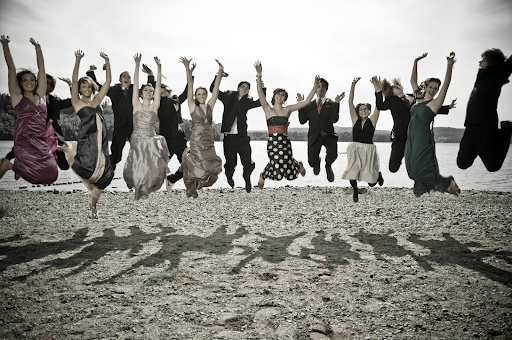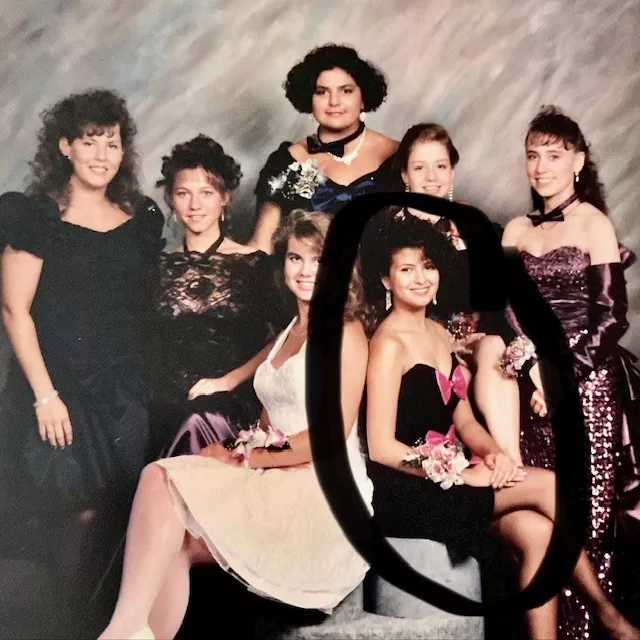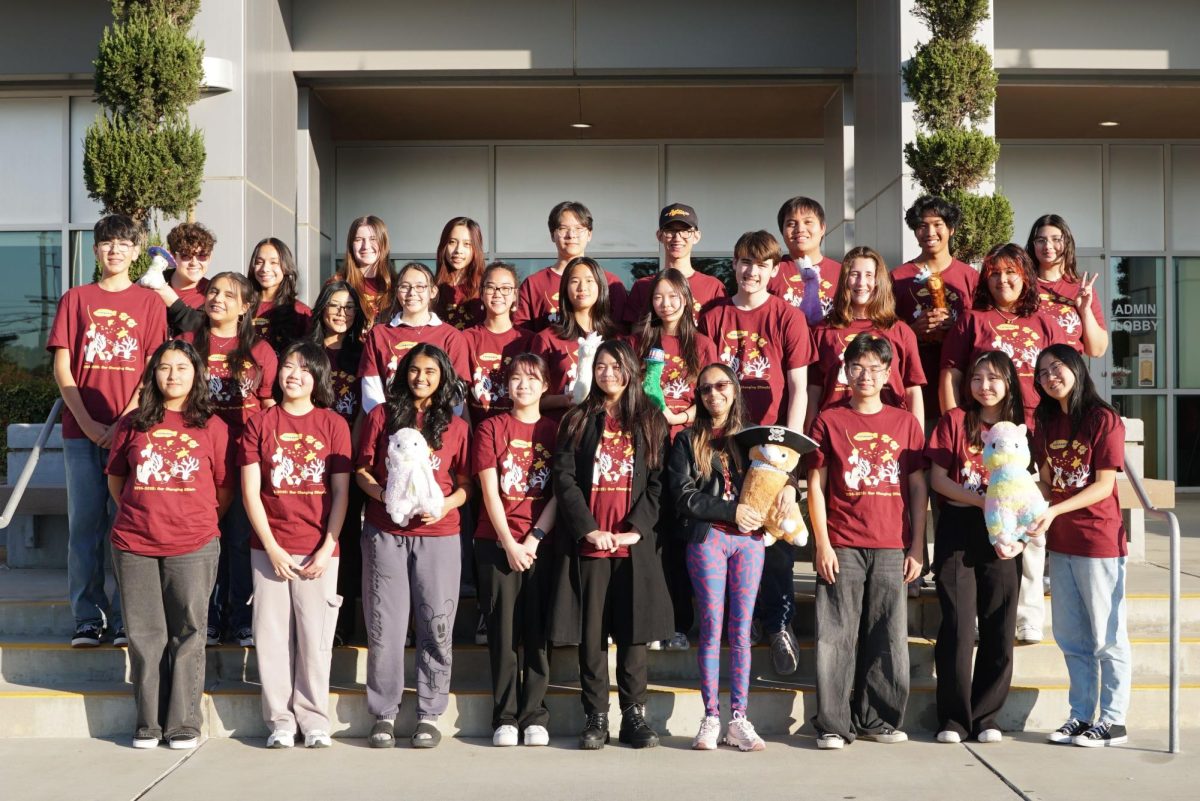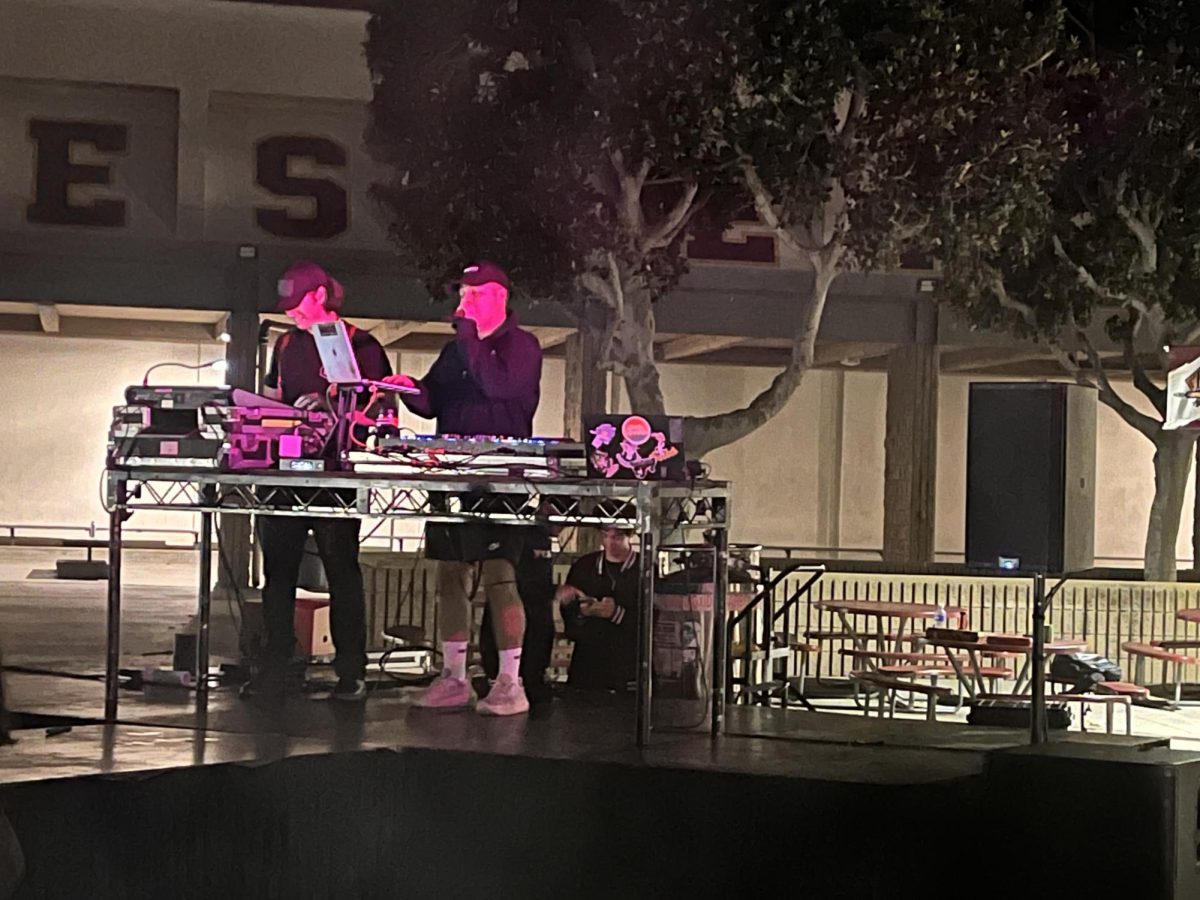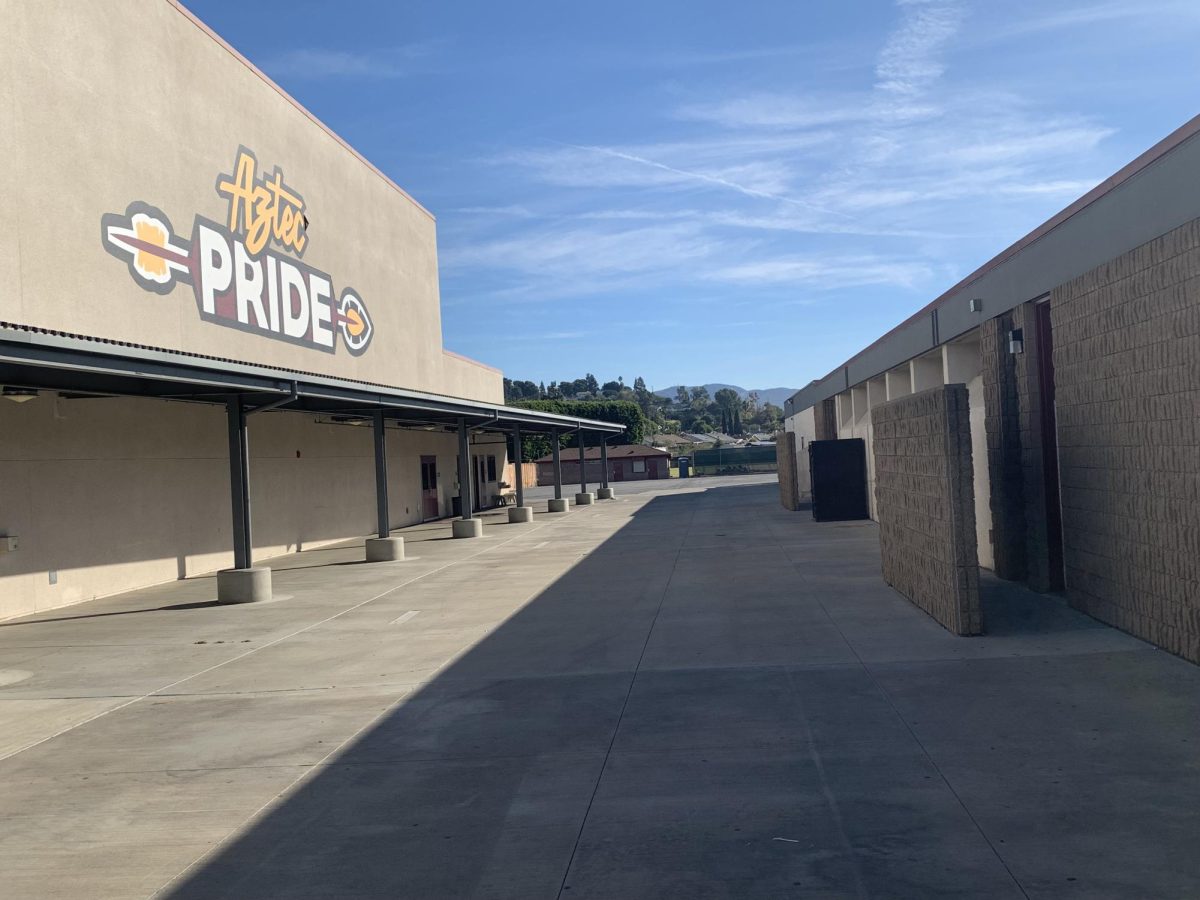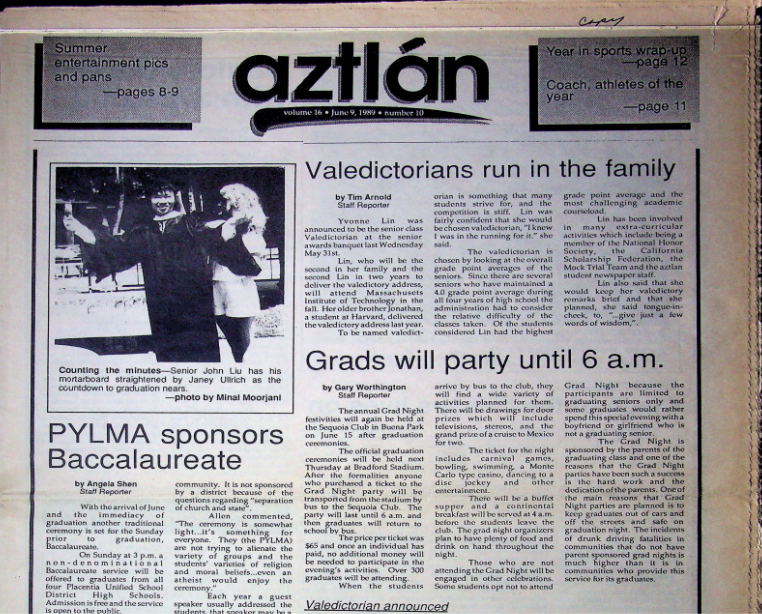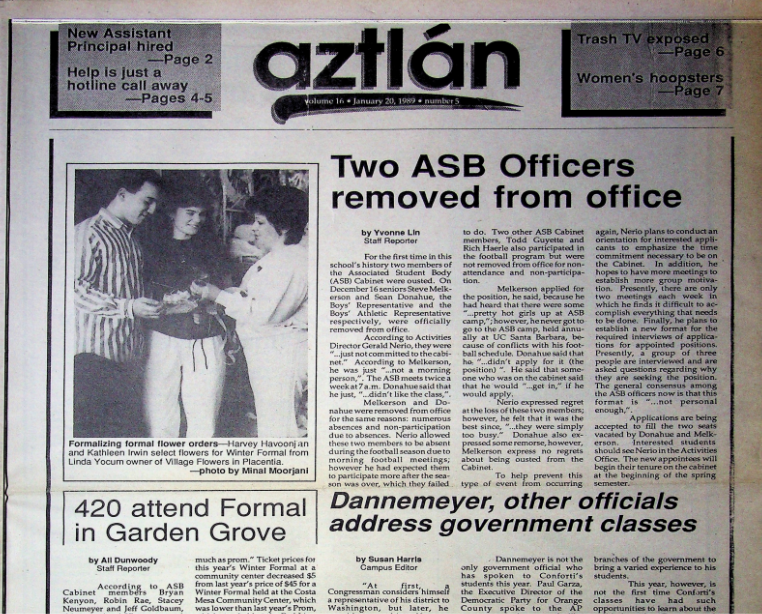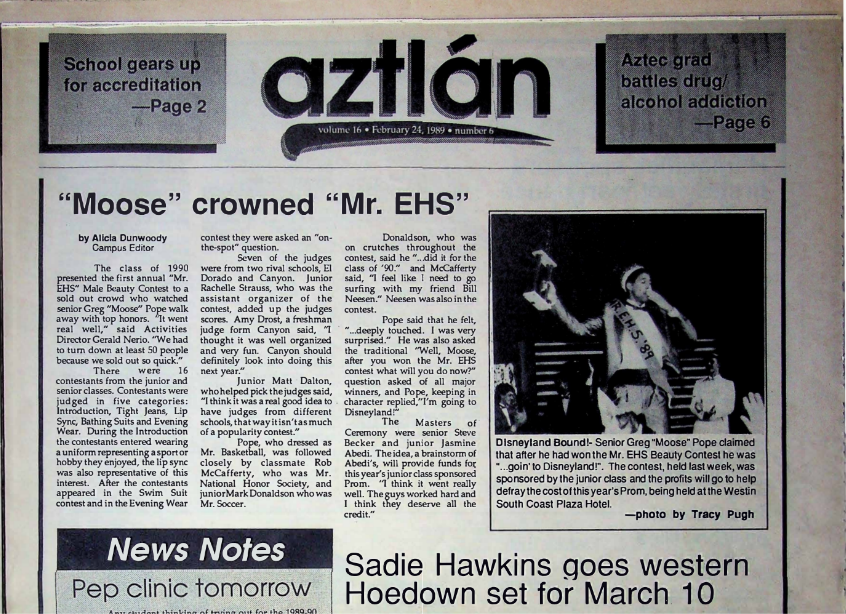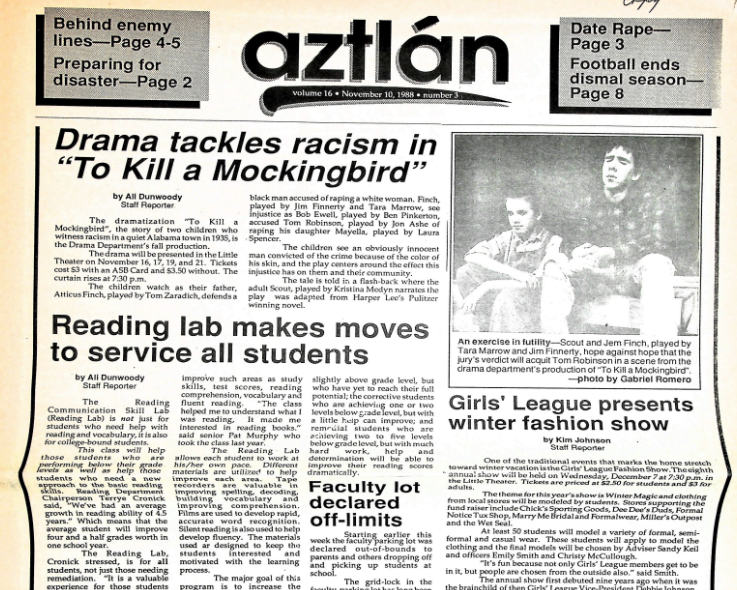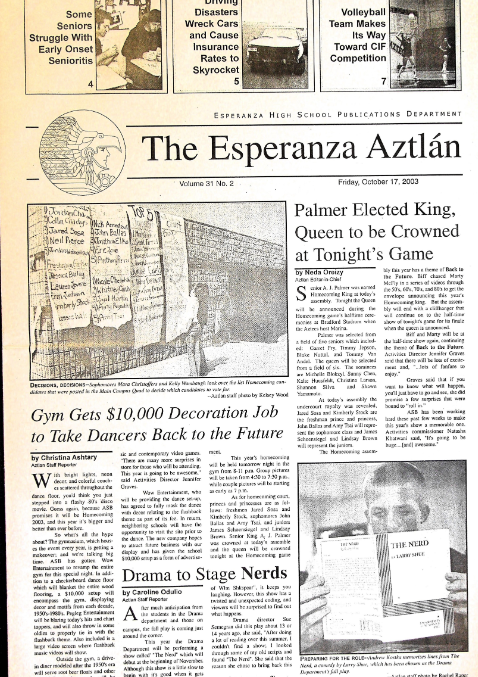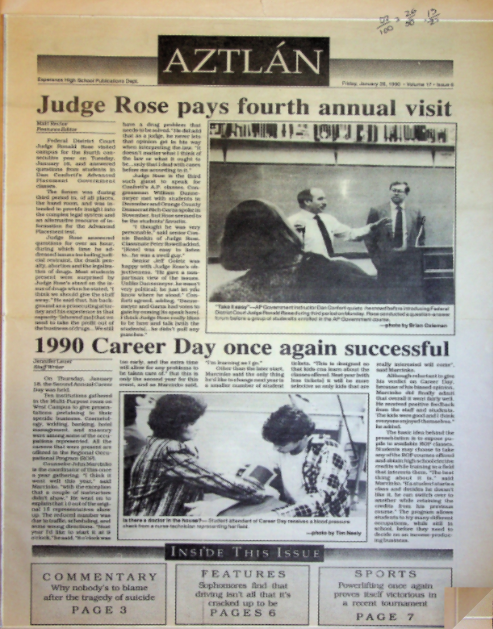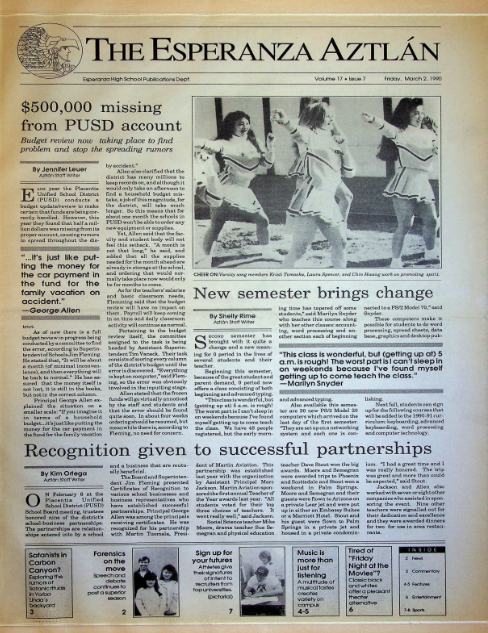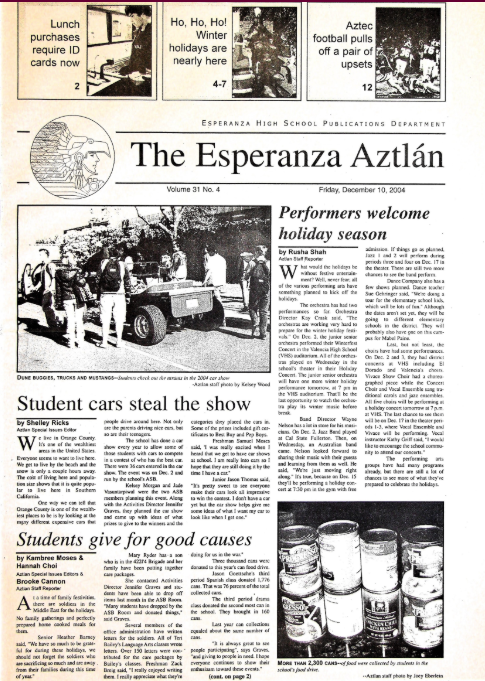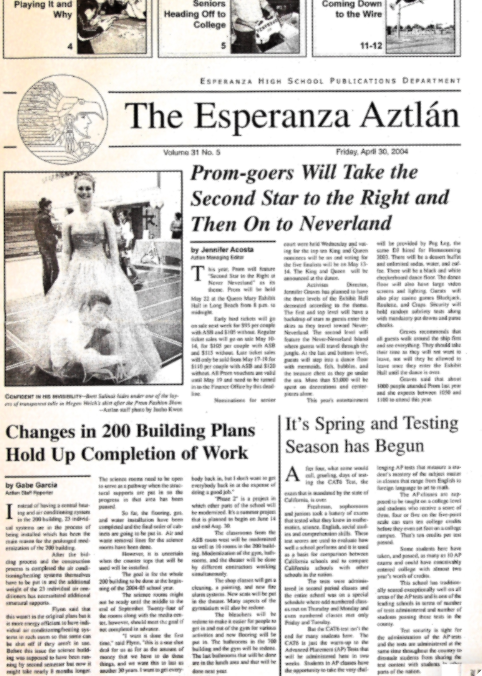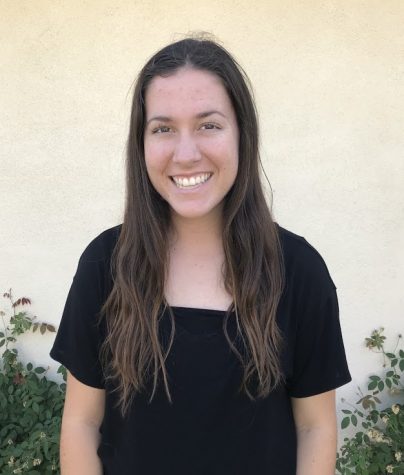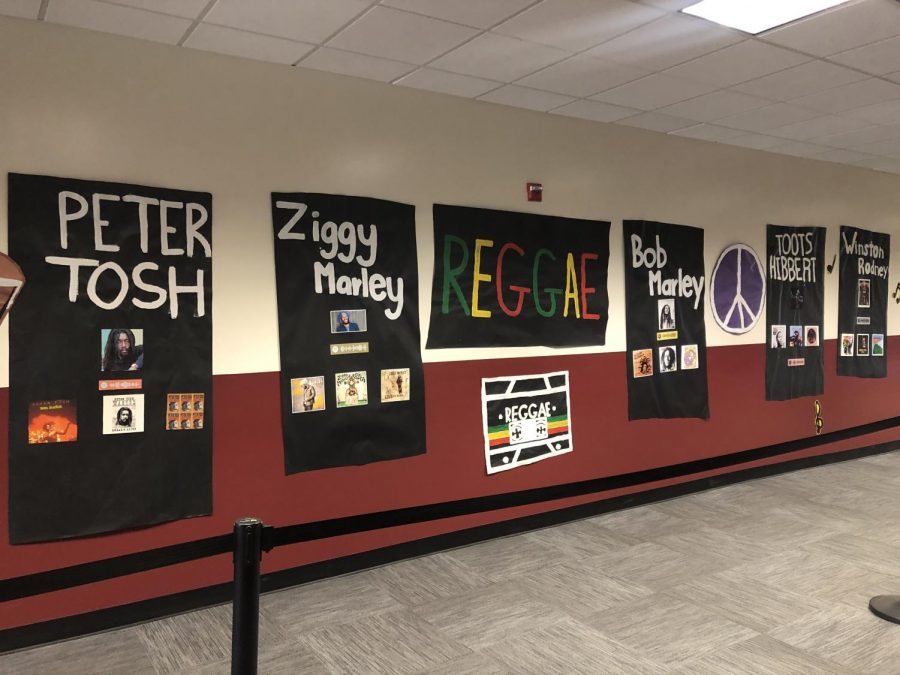Celebrating Black History Month
Photos provided by Meghann Lukach
ASB covers the hallways to celebrate Black History Month.
February is Black History Month, which recognizes the contributions that African American men and women have made to this country and the rest of the world. It is a tribute to the significant work in science, sports, entertainment, politics, the arts and many other fields. It has become one of the most celebrated cultural heritage months.
Throughout Black History Month, businesses and schools teach and honor the significance of the month with music, television specials and lectures. Our school celebrated Black History Month during the first two weeks of February and recognized black music artists during the first week and actors, athletes, activists and historical figures during the second week.
There are countless African American men and women who have made a profound impact on history, including figures such as Martin Luther King Jr., Harriet Tubman, Muhammad Ali, Langston Hughes, Rosa Parks, Maya Angelou and Barack Obama. These figures are some of many who were remembered for their contributions in our school’s celebrations.
This year, the celebrations were different because of the hybrid schedule. Online students didn’t see the different posters or listen to the music artists during lunch.
Because students are both virtual and in hybrid learning, senior and ASB vice president, Chloe Masciale, said ASB had to “prioritize making each student feel included in the celebration of Black History Month.” Doing so, “a multitude of social media posts and informational and honorable posters” were made to celebrate the role models.
ASB began their preparations after winter break and thought of ways to incorporate the online students. This school year, the different recognitions and the Spotify links to the music artists were posted on social media, creating a “larger social media presence” of the Black History Month showcases, said Activities Director, Meghann Lukach.
Senior and ASB president Kaylee Bhasin said that ASB “really took the time to highlight African American people in all different ways we could think”, because, without African American culture influence and culture, “we wouldn’t have the beautifully diverse and advanced world we live in today.”
Mrs. Lukach hopes that the Black History Month festivities at our school will “give students the opportunity to celebrate and recognize all the achievements that African Americans have done for our country.” She also wants students to “learn something new and to appreciate all the different genres of music.”
Masciale considers herself to be a “Type-A worker”, and personally took initiative to organize and delegate the different assignments and tasks that other members would complete together. She also created the historical timeline along with the other members of her ASB counsel that showcased major historical events.
“Dedicating a month to educating our students, and staff of Esperanza about the history of Black culture is beneficial for all,” said Masciale. By continuing to “unify, educate, and connect this community together,” Masciale hopes that these celebrations lead to “a connected and loving community.”
Bhasin was responsible for highlighting athletes and jazz musicians, and hopes to teach someone something new and “educate people on the course of history.”
Because “students at Esperanza come from all walks of life, that is what makes us great,” said Mrs. Lukach. She believes that it is important to celebrate all the different historical months and that she would love to celebrate and learn about the different cultures, as they are what have shaped our world and country today.
With “the ability to entice everyone’s attention on such a unifying topic”, Masciale and the ASB members “tried to shine a spotlight on these memorable people who deserve recognition and praise.”


